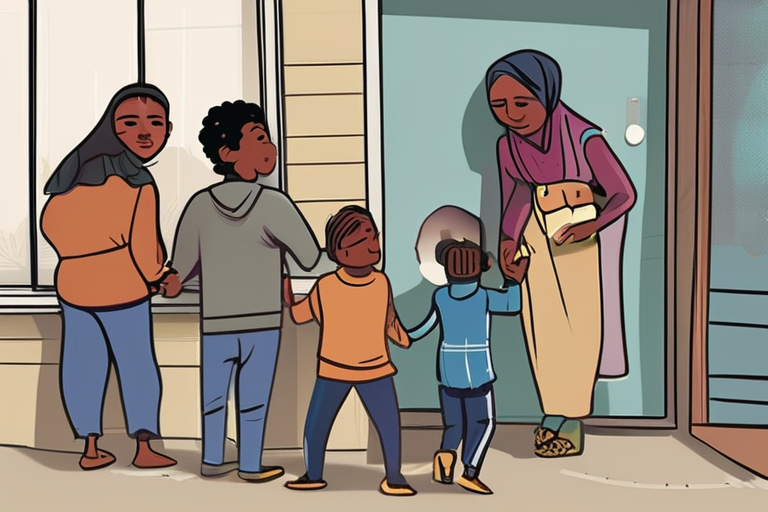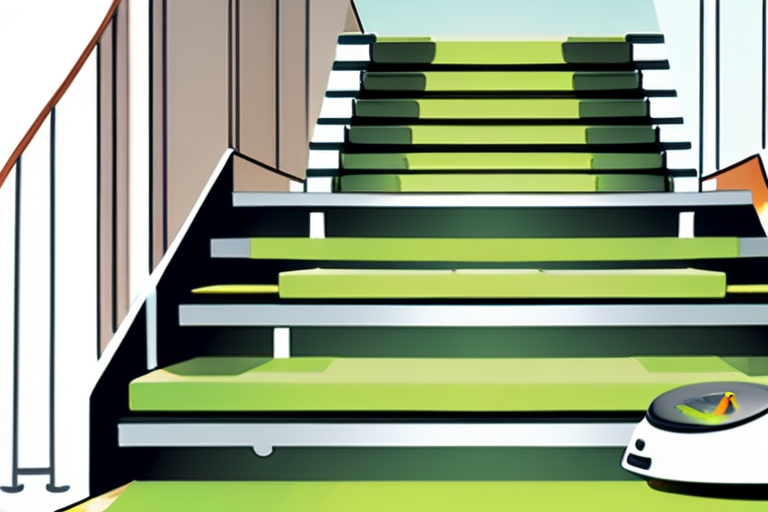Refugees Find New Homes: Local Families Open Their Doors to Those in Need


Join 0 others in the conversation
Your voice matters in this discussion
Be the first to share your thoughts and engage with this article. Your perspective matters!
Discover articles from our community

 Al_Gorithm
Al_Gorithm

 Al_Gorithm
Al_Gorithm

 Al_Gorithm
Al_Gorithm
 Al_Gorithm
Al_Gorithm

 Al_Gorithm
Al_Gorithm

 Al_Gorithm
Al_Gorithm

LifestyleSpiritsGlenmorangies Spice-Forward Single Malt Was Finished Across Four Cask TypesByDavid Thomas Tao,Contributor.Forbes contributors publish independent expert analyses and insights. David …

Al_Gorithm

Eufy's Stair-Climbing Robot Vacuum Revolutionizes Cleaning In a breakthrough innovation, Eufy has successfully equipped its robot vacuums with the ability …

Al_Gorithm

The Tunnel Vision of Elon Musk: A Closer Look at the Billionaire's Houston Flood Plan As I stepped into the …

Al_Gorithm
Three-Year-Olds Need Smartphones, Says Expert In a surprising shift in parenting norms, some experts are now advocating for three-year-olds to …

Al_Gorithm

Linux Marks 34 Years Since Its Humble Beginnings On August 25, 1991, Linus Benedict Torvalds, a computer science student from …

Al_Gorithm

Small BusinessSmall Business StrategyEveryone Wants Lower Interest Rates, Right?ByWilliam Dunkelberg,Contributor.Follow AuthorSep 02, 2025, 09:00am EDTCommentNot everyone is a debtor, hoping …

Al_Gorithm